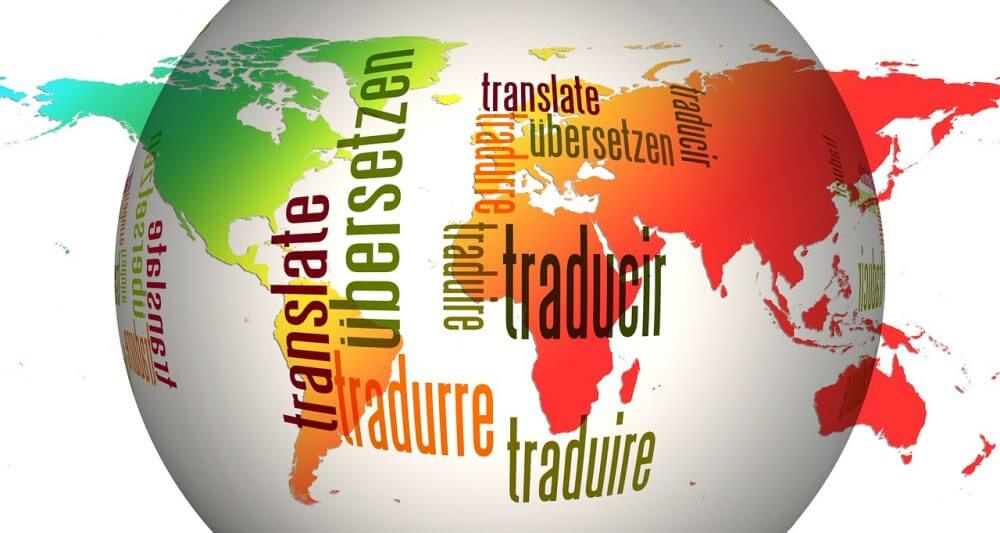The concept of peer production refers to a new collaborative approach to project work. In the context of translation, it paves the way for a large number of people who wish to work in a community. Collaborative translation introduces a new way of looking at translation with its own set of advantages and disadvantages.
What is collaborative translation?
Collaborative translation, or community translation, is a translation carried out by a group of people who work together via an online platform. Collaborative work is done in a collective online environment without having to go to a physical workspace. It allows anyone to participate and improve the progress of each step of the translation process and of the project as a whole.
This notion of collaboration creates asynchronous work by dividing the project into different parallel stages. Unlike a simple, traditional translation process, the concepts of coordination and exchange are key.
The pros and cons of collaborative translation
The content and volume of the materials to be translated on the online platform is much greater than the combined capacities of all the translators. Group work increases the speed of the translation and the accessibility of the contents. Collaboration allows multiple users to work together by creating joint projects and sharing resources. For example, a previously translated expression is stored in a translation memory that is also accessible to the other translators on the project.
One drawback of this type of collaborative work is a potentially lower quality of translation, since not all participants are certified translators. Another disadvantage is when some lucrative companies use this system and abuse it in order to obtain free translations.
Examples of collaborative translations
Fans of TV series and video games are staunch supporters of community translation. It is very common for TV show or video game subtitles to be translated by their own followers.
Motivated by their mutual interest, fan translations are targeted to the end user and the objective is rapid distribution.
The website cucumis.org allows a connection between different people and their language skills. The community spirit can be summarized as a barter system: “I can translate a text from French into Spanish for you, in exchange you can translate a text from English into German for me.”
Companies can also set up a “teamwork” translation system, by which they use collaborative tools on a project and share their translation memories, glossaries and terminology lists with their colleagues. It also makes it easier to edit and proofread.



